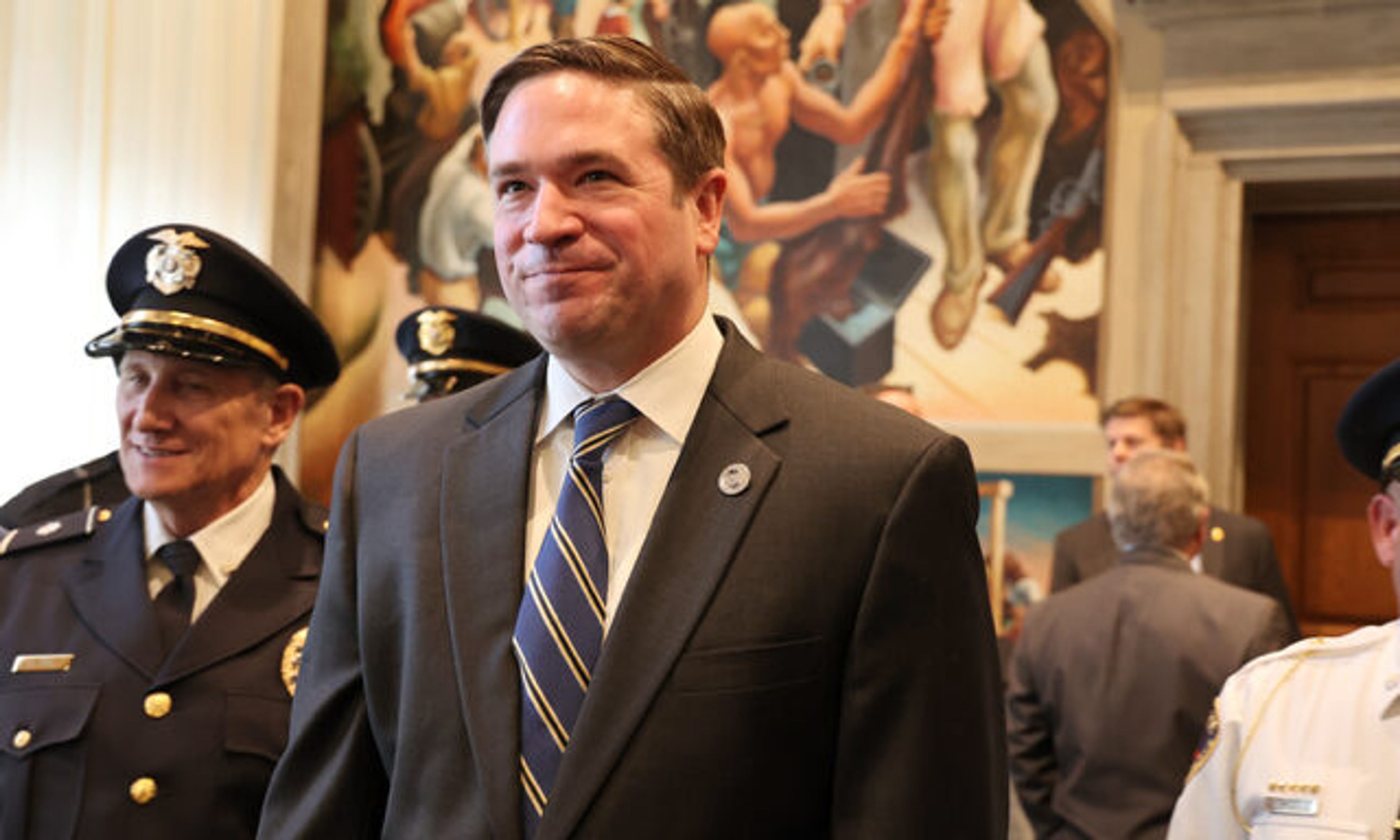Pipeline may offer new options for oil
SANGACHAL, Azerbaijan -- With speeches and a letter from President Bush, officials Wednesday opened the first section of a 1,100-mile pipeline that will carry Caspian Sea oil to Western markets, a project seen as an economic and political boon for the troubled Caucasus region...
SANGACHAL, Azerbaijan -- With speeches and a letter from President Bush, officials Wednesday opened the first section of a 1,100-mile pipeline that will carry Caspian Sea oil to Western markets, a project seen as an economic and political boon for the troubled Caucasus region.
The $3.2 billion U.S.-backed project also realizes several crucial goals for Washington, including reducing dependence on Middle Eastern oil and the need to use Russian pipelines to ship oil westward.
The presidents of Azerbaijan, Kazakhstan, Georgia and Turkey were on hand for the ceremony at the Sangachal oil terminal, about 25 miles south of Azerbaijan's capital, Baku.
Beginning in Azerbaijan -- a mostly Muslim country and a U.S. ally in the war on terrorism with troops in Iraq -- the underground pipeline passes through Georgia and Turkey, ending at the Mediterranean port of Ceyhan. It avoids going through Russia, Armenia, Iran, Iraq and Syria on its way to the Mediterranean.
It passes within a few miles of Nagorno-Karabakh -- an enclave that ethnic Armenian separatists took control of more than a decade ago. The conflict continues to simmer, undermining the region's security, and critics of the pipeline have suggested it could be vulnerable to terrorist attacks at various points.
The pipeline's route through Georgia avoids the two separatist regions in the north of that country, but does traverse areas where security is fragile. Some of its stretch in Turkey goes through conflict-prone Kurdish areas.
Achieving security
The Baku-Tbilisi-Ceyhan pipeline, with a capacity of 1 million barrels per day, "will take new supplies of oil to the world market and will help to demonstrate that security is best achieved by having multiple sources of supply and trade routes," BP PLC chief executive John Brown, whose company leads the consortium that built the pipeline, said at the ceremony.
It is the first direct oil link between the landlocked Caspian, which is thought to contain the world's third-largest oil and gas reserves, to the Mediterranean.
The pipeline "opens a new era in the Caspian Basin's development," Bush said in a letter read by Energy Secretary Samuel Bodman. Bush, whose administration is seeking to diversify energy sources, called it a "monumental achievement."
Azerbaijan, Georgia and Turkey look to earn substantial revenue from the pipeline, through transit fees and royalties.
Azerbaijan is banking on the pipeline to raise its profile in the world and it increased security ahead of its inauguration. On Saturday, police broke up a banned demonstration by protesters demanding free elections and arrested demonstrators, with the government citing safety concerns ahead of the pipeline's opening.
Tensions between the government and the opposition in the tightly controlled former Soviet republic has increased since an October 2003 election in which Ilham Aliev replaced his late father, Geidar Aliev, as president in a vote the opposition said was marred by fraud.
"This pipeline first of all will help solve economic and social problems, but the role of the pipeline in strengthening peace and security in the region also is not small," Aliev said at the ceremony.
Turkish President Ahmet Necdet Sezer said the pipeline "can be called the Silk Road of the 21st century."
Georgia President Mikhail Saakashvili said the pipeline should help attract investment and improve living standards. Saakashvili has sought to lessen Russia's influence on his impoverished country, which depends heavily on Moscow for energy.
Kazakhstan President Nursultan Nazarbayev was on hand because oil from his country will also be transported through the pipeline.
Officials said it would take up to six weeks to fill the Azerbaijani section with oil. The Georgian part will be ready after that, then the Turkish stretch, which Turkish authorities have said should be filled by Aug. 15.
It will take approximately 10 million barrels of crude to fill the entire pipeline. Bodman said Tuesday that deliveries of oil from the pipeline to tankers at the terminal in Turkey are to begin in the fall.
Once fully operational, the pipeline will represent a "significant" addition to Western oil supplies, said analyst Jason Kenney of ING Financial Markets, although the time needed to fill it means "you won't see exports until the later part of the year."
Connect with the Southeast Missourian Newsroom:
For corrections to this story or other insights for the editor, click here. To submit a letter to the editor, click here. To learn about the Southeast Missourian’s AI Policy, click here.








